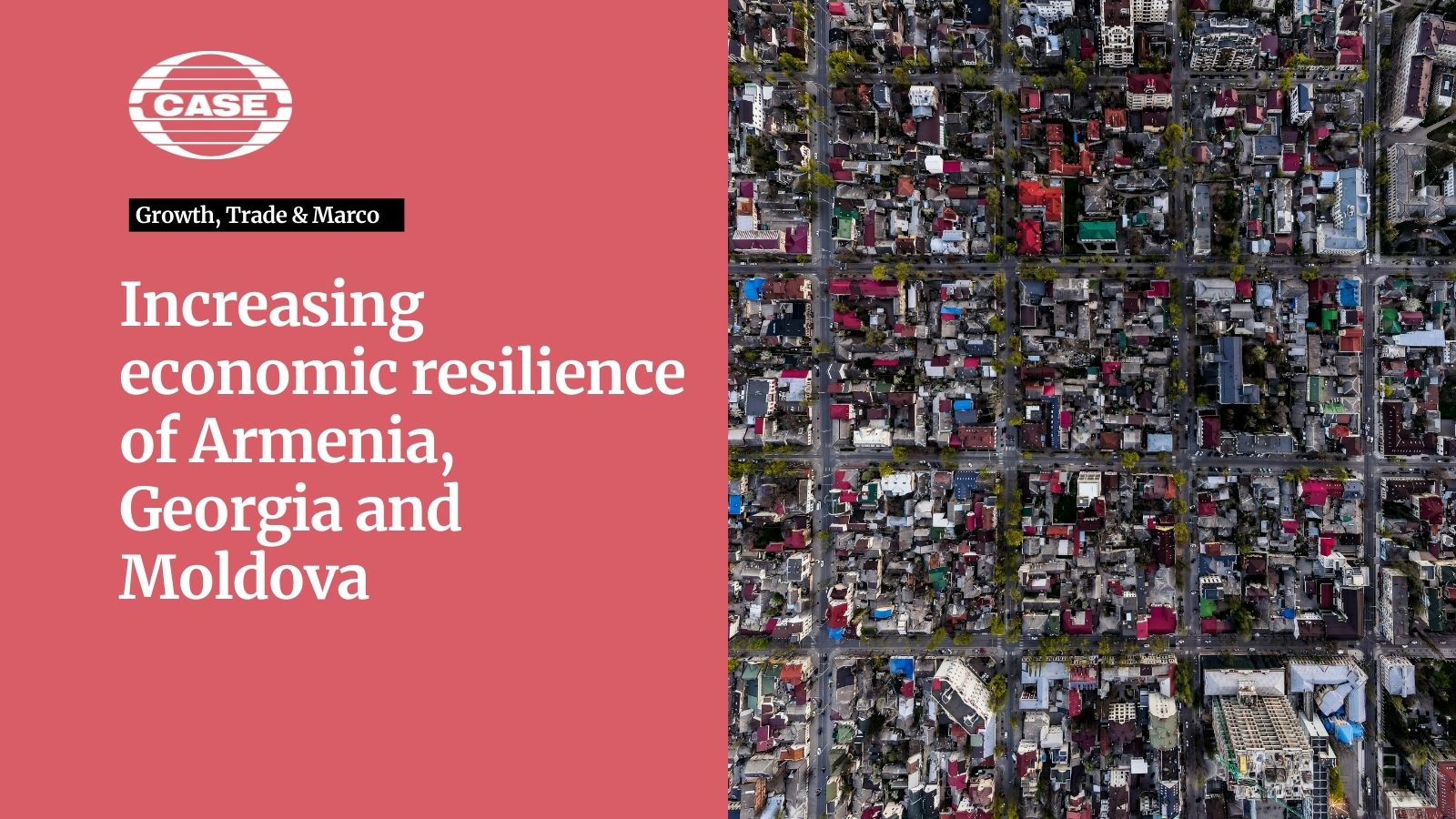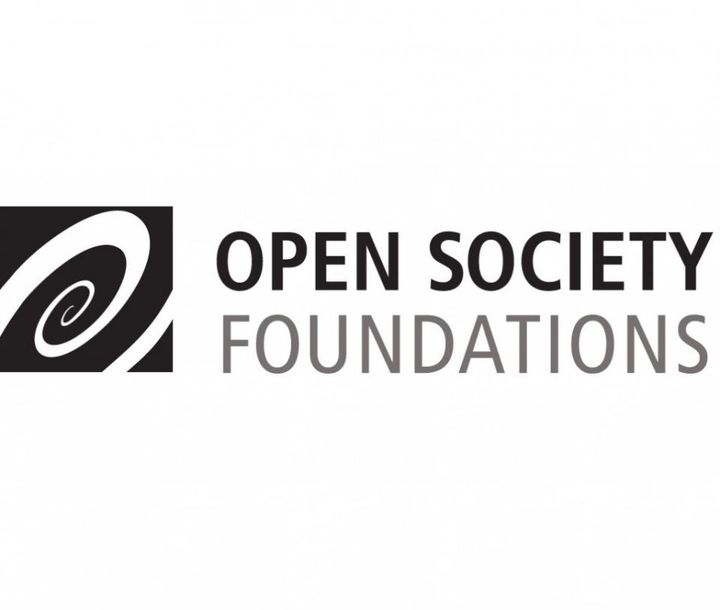 Homepage CASE
Homepage CASE
Selected values

Increasing economic resilience of Armenia, Georgia and Moldova
-
Date:
1 Oct 2023 - 30 Mar 2025
-
Client:

-
Project duration:
01.10.2023 - 30.03.2025
-

Jan Hagemejer
Macroeconomics and Trade Director
Jan Hagemejer’s areas of expertise are international trade as well as macroeconomic and structural issues. He graduated from University of Warsaw where he also obtained his PhD and habilitation, as well as from Purdue University (MA in Economics). He works as an associate professor at the Faculty of Economic Sciences, University of Warsaw. Prior to … <a href="https://case.dev10.pro/project/increasing-economic-resilience-of-armenia-georgia-and-moldova-2/">Continued</a>
Projects from this author:
-
VAT gap in Europe – report 2025
The study's primary objective is to collect and supply economic information from existing official economic and statistical databases, as well as to gather primary data from national authorities. The study will also conduct macroeconomic analysis for country-specific VAT compliance and policy gap estimations and the impact of the coronavirus pandemic. Moreover, the study will include up to five case studies on specific countries and/or topics, to be proposed by the contractor in their technical offer. Geographically, the study will cover all EU Member States, subject to quality checks for data reliability and robustness. This includes coverage of the United Kingdom during its time as an EU Member State. In addition, the study will test and implement, where possible, the inclusion of EU candidate countries and possible candidate countries, except for Türkiye. These countries include: • Albania, Montenegro, North Macedonia, and Serbia1 (candidate countries at the stage of accession negotiations); • Ukraine, Moldova, and Bosnia and Herzegovina (Candidate countries for which the Council has decided to open accession negotiations); • Georgia (candidate country); • Kosovo (potential candidate country). The study's temporal scope will cover primarily a 6-year period, comprising: • a comprehensive review and revision of ‘full estimates’ for the first four years, i.e., for 2019-2022; • a new ‘full estimate’ for the fifth year, i.e., for 2023; • provisional ‘fast estimates’ for the sixth year based on simplified methodology for 2024. In addition to the 6-year coverage, the study will provide a historical context by reporting on VAT compliance gaps from 2000 onwards, and VAT policy gap estimates, including its components, from 2016 onwards. This will provide a comprehensive timeline of these indicators. The study will also include a review of the economic and policy context, also including an outlook beyond this 6-year period.
-
Wealth taxation, including net-wealth, capital and exit taxes
The study aims to provide further information regarding the uptake and economic consequences of introducing wealth-related taxes. The purpose of the study is to shed further light firstly into recurrent wealth related taxes by (i) reviewing the conditions for the implementation of a net wealth tax and its consequences, to provide a detailed literature review on recurrent capital taxes in the EU and analyse their economic consequences; and secondly (ii) to provide an overview of existing non-recurrent wealth related taxes, namely, by providing an overview of capital taxes, inheritance and gift taxes and the existing exit tax provisions in the field of personal income taxation (including relevant statutory references), and how these interrelate with and complement the legal framework of taxing net wealth and capital gains. The study builds on previous research work mapping wealth taxes and estimating the consequences of their introduction. It is structured along two parts comprised of two and three workstreams respectively, related to the topics outlined above. Part 1 – Recurrent taxation, Workstream 1 – Net wealth taxes Part 1 – Recurrent taxation, Workstream 2 – Capital taxes Part 2 – Non-recurrent taxation, Workstream 3 – Capital taxes Part 2 – Non-recurrent taxation, Workstream 4 – Inheritance and gift taxes Part 2 – Non-recurrent taxation, Workstream 5 – Exit taxes
- EU4Belarus: Reinforcing Resilience and Democratisation
-
VAT gap in Europe – report 2025
-

Marek Peda
Marek Peda is responsible for managing research projects funded by European, national, multilateral, and private donors. Mr. Peda has over 10 years of professional experience as a project manager and in conducting research. He gained international exposure while working on projects for international organizations and academic institutions in Spain and the United States. Mr. Peda … <a href="https://case.dev10.pro/project/increasing-economic-resilience-of-armenia-georgia-and-moldova-2/">Continued</a>
Projects from this author:
-
How the EU should prepare for the enlargement in terms of governance, policies and investments: options and choices made from a territorial perspective
In its 2023 enlargement package, the European Commission recommended that the Council open accession negotiations with Ukraine and Moldova. Moreover, it recommended that the Council grant Georgia the status of candidate country and open accession negotiations with Bosnia and Herzegovina, once the necessary degree of compliance with the membership criteria has been achieved. The … Continued
-
The means for cities and regions to support the energy transition in the Mediterranean
Since February 2022, the war in Ukraine has significantly reshaped the geopolitical landscape and exacerbated the multiple challenges and tensions in the Mediterranean region. The conflict has highlighted the vulnerability of traditional energy supply routes, and the need to reassess future energy development strategies in the Mediterranean region. Like the COVID-19 pandemic, geopolitical uncertainties … Continued
-
Natural disasters: anticipatory governance and disaster risk management from a local and regional perspective
The COVID-19 pandemic, the war right on our doorstep, the devastating floods in Slovenia, wildfires in Greece and Cyprus, relentless heatwaves in Italy and Spain, to name just a few: all of them highlight the need to better prepare for, cope with and recover from disasters and crises. It is one of the most important challenges for … Continued
-
How the EU should prepare for the enlargement in terms of governance, policies and investments: options and choices made from a territorial perspective
The project will be conducted in the context of the ongoing war in Ukraine and Russia’s increasingly assertive regional policy, which will continue to affect the economic situation of the three analysed countries via various channels – trade of goods and services, remittances of labour migrants, financial flows, energy dependence (all countries are net energy importers), perception of security risk, etc. Even if the war in Ukraine stopped during the project life, the problems it created would not disappear immediately. The entire Eastern European and Central Asian region will require economic stabilization, reconstruction, and rebuilding of its economic ties with the rest of the world. Therefore, the project agenda will not lose its relevance even if the case of the most optimistic scenario (ending the war soon). On the other hand, a high degree of political and economic uncertainty and unpredictability in the region and analysed countries requires a flexible approach to a project agenda, its analytical framework, methodology, and operational modes, that is, the ability to adjust them whenever new challenges and circumstances appear.
The project’s overarching goal will be the diagnosis of economic determinants of fragility in three analysed economies (Armenia, Georgia, and Moldova) and economic policy measures to increase their resilience to external and external and domestic shocks of various kinds. Despite the importance of geopolitical and security factors, the proposed project will not deal with them as they require different expertise. Pragmatic considerations (the limited project resources and time horizon of project implementation) suggest concentration on a few critical areas of economic resilience. Therefore, we propose four policy blocks to be analysed in the project. These are:
- External economic relations: trade in goods and services, labour migration and remittances, foreign investments, and broader economic integration
- Energy sector and energy policy
- Stability of a financial sector
- Macroeconomic stability (fiscal situation, public debt, monetary policy, inflation, balance of payments)
Client: Open Society Foundations
Project leader: CASE
Partners: Modex, EPRC, Expert-Grup
Related projects
Thanks for joining us!
You're now part of a community that values [your newsletter's focus]. Get ready to stay informed, inspired, and engaged with our carefully curated content.
